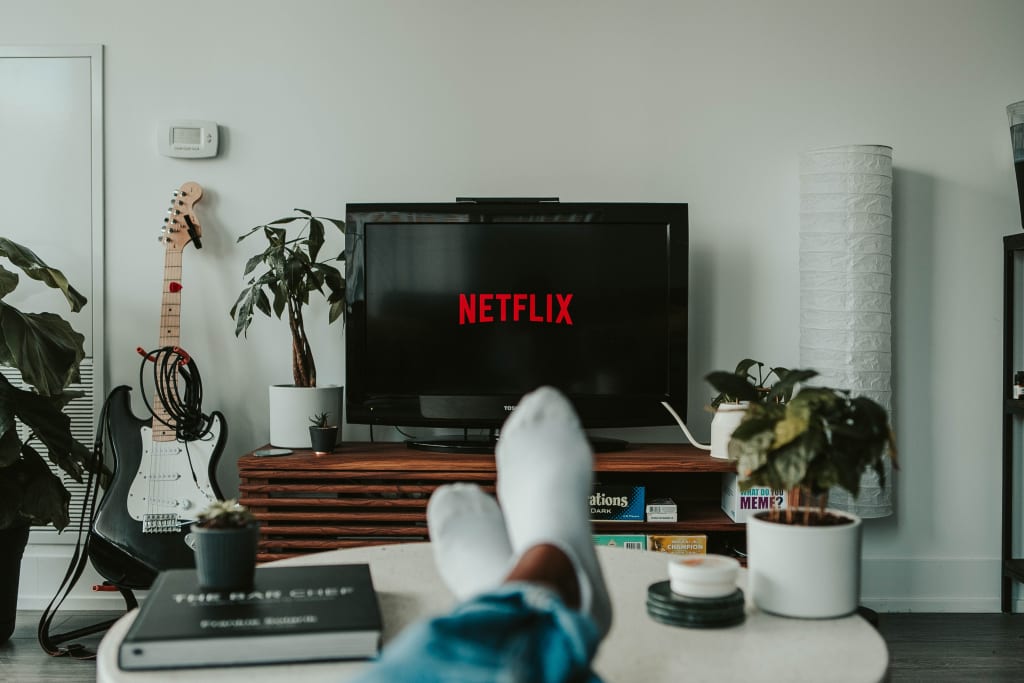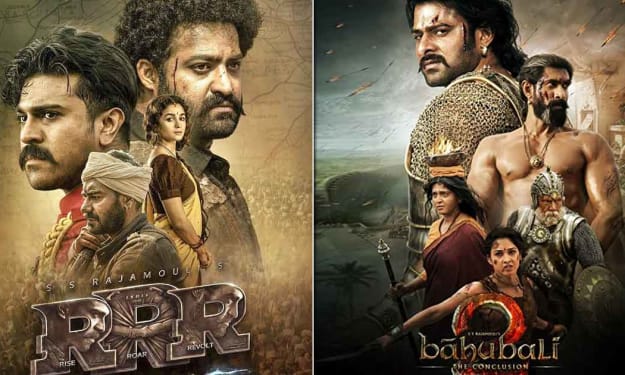The Problematic 'Cool Girl' Trope
Examining the dangerous pinnacle of female desirability

When thinking about gender representation in the media a myriad of stereotypes come to mind, most of which communicate ideals of gender that perpetuate unrealistic and limiting perceptions of who we should be. One such trope worth exploring is the ‘Cool Girl’ trope, which is more than just a fictional stereotype played on screen. An article by Jason Hellerman aptly refers to this trope as a “Real Life Fantasy, Screenwriting Nightmare”.
So, what is the cool girl trope? “She’s not like other girls, she’s a cool girl.”
A video by The Take on Youtube does a wonderful job of explaining this trope. It was first called out and deconstructed by Gillian Flynn in her 2012 novel and subsequent 2014 film Gone Girl, accompanied by an iconic monologue that highlights the exhausting frustration of trying to be this girl. The cool girl is “one of the guys”: she enjoys sports, junk food and beer, she’s effortlessly thin and hot, easy-going and uninhibited, but most importantly “she’s not like other girls”. Such a character directly mirrors the male protagonist’s interests and usually has no arc outside of what happens in the context of her male love interest. She’s basically an amalgamation of male fantasies topped with a pretty face and hot body.
Some examples of the cool girl include Mary from There’s Something About Mary, Robin from How I Met Your Mother and Andie in How to Lose a Guy in 10 Days. For instance, Mary is portrayed as the perfect woman. She is an effortlessly hot doctor who loves beer, plays golf every morning, and relishes junk food, which makes all the men fall madly in love with her.
A cool girl character is often juxtaposed with a traditionally girly female character, who is showcased as uptight, superficial and annoying. This character exists mainly to emphasize just how laidback and low maintenance the cool girl is. However, both these portrayals of women are demeaning and dangerous. They place utmost importance on male attention while simultaneously pitting women against each other. These types of comparisons make us think that “you’re not like other girls” is a valid compliment, rather than an offensive and sexist statement.
The depiction of the cool girl in film and television is overused and subverted, a wonderful example of lazy screenwriting. A cool girl is a one-dimensional character perpetuated mainly by male writers to fit the male gaze. “When female voices are truly respected and their input is valued, that inevitably becomes clear in terms of character development, narrative and plot. Women unflatten.”, says Stacy Bias about women behind the screen in media. Once you recognize a cool girl it becomes clear that women probably had very little to do with the writing of that character.
Not only is the cool girl a fictional stereotype that has plagued our screens, but it has become so pervasive that it has seeped into our dating culture. She is in the dating advice we give and receive: Be hard to get. Play it cool. Don’t be high maintenance. She has become the pinnacle of female desirability that many women feel pressured to conform to as to not come across as desperate or clingy when dating. In Gone Girl, Amy reflects on this idea, “Men actually think this girl exists. Maybe they’re fooled because so many women are willing to pretend to be this girl.”
Importantly, this cool girl does not exist. She isn’t real. I’m not saying that women aren’t cool (trust me, they definitely are), or that they cannot genuinely be interested in sports. But this cool girl is a manifestation of male fantasies that ignores the diversity and complexity of real women. In reality, the coolest thing a woman can be is genuine. Letting go of the cool girl ideal allows us to realise that we are and have been surrounded by actual cool women all along.
About the Creator
Simran Lavanya Saraf
When I'm not oversharing my thoughts on the internet, you will find me devouring chocolate, making good use of my Netflix account, or asking strangers if I can pet their dogs.






Comments
There are no comments for this story
Be the first to respond and start the conversation.